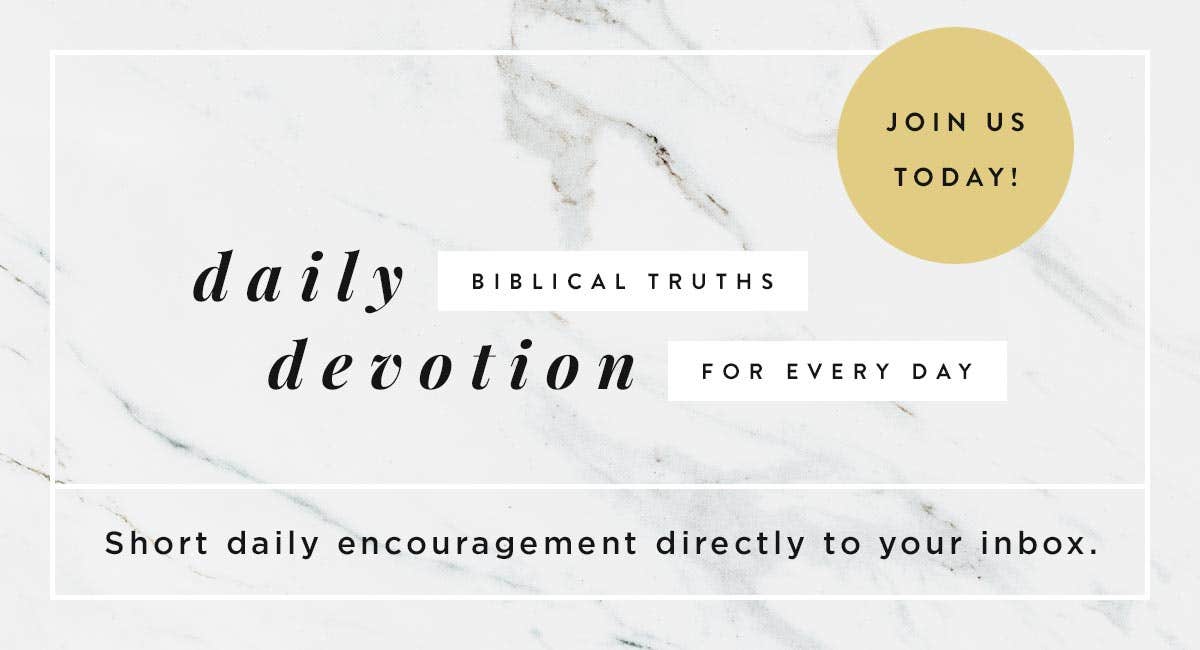The Problem With Pride

My man-pride and arrogance vanished the minute I humbled myself enough to call on Him. —Johnny Cash
Pride leads to disgrace, but with humility comes wisdom. —Proverbs 11:2 NLT
Pride is the trickiest of wrongs because it usually feels right. It doesn’t set off alarms inside us. A conscience in good working order will alert us when we lie, cheat, steal, gossip, or hurt others. When we get caught in the act doing those things, we feel remorse, shame, and embarrassment. Pride, on the other hand, has a cloaking device that allows it to slip past our conscience’s radar.
Sometimes pride looks and feels like moral rightness. We make daily choices to honor the Lord. We obey the commands in His Word, as we understand them. We try to follow Jesus’ example. Understandably, we see ourselves as doing the right thing and living the right way. And we’re given an opportunity to elevate ourselves in our own eyes, while at the same time rethinking our attitude toward others. After all, if we’re right, doesn’t that make those who challenge or disagree with us wrong?
Sometimes pride looks and feels like a passion for God’s work. We invest ourselves in the lives of others and involve ourselves in worthy ministries. And, once again, we’re given an opportunity to elevate ourselves—this time, in the eyes of others. It seems natural to want to publicize our ministry efforts. Harmless humblebrags here and there that seem to give glory to God, but also manage to shine a light on our own goodness. Social media posts that draw attention to our servant’s heart.
A little self-promotion may seem harmless enough, but it actually creates obstacles in our relationship with God. Our pride robs Him of glory that is rightfully His. After all, we’re able to serve Him only because He equips us and gives us the opportunity to do so. We’re able to make godly choices only because He destroyed the power of sin over us. He alone deserves the praise.
When we allow pride to get a foothold in our lives, we become God’s competitors, challenging Him for His glory and honor. And that’s not a role to embrace.
Pride also limits our usefulness to God. The Bible describes the relationship between God and His human creation as that of Potter and clay. God shapes us, like a potter shapes clay, so that we can be of maximum use to Him. Every part of our design is intended for a specific purpose. What’s more, we’re a continuous work in progress. God shapes us day by day, and sometimes even moment by moment, to fit our changing circumstances.
The more pliable we are, the more effectively God can mold us. And the key to our pliability is humility—the humble spirit that comes from recognizing ourselves for what we are: lumps of clay being molded into something extraordinary by the Master Potter. We can give thanks for what God does in and through us, but we can’t take credit for it. We can’t take pride in it.
Johnny Cash recognized not only the danger of pride but also the limitless potential of humility. A humble spirit opens up a world of possibilities to us.
Father, thank You for Your masterful craftsmanship in my life. I am who I am because You created me this way. Please give me the spiritual vision to recognize pride before it takes root in my life. Show me what a humble spirit looks like so that I can stay pliable in Your hands. In Jesus’ name. Amen.
This is an excerpt from Walking the Line: 90 Devotions of Truth and Hope Based on the Faith of Johnny Cash – a new devotional now available on DaySpring.com. Shop all books, journals, and devotions from DaySpring here.



Leave a Comment